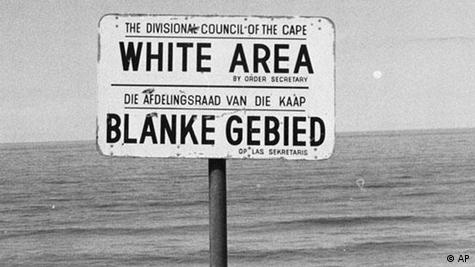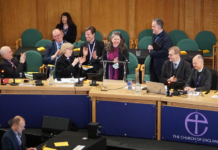ON ISRAEL AS AN APARTHEID STATE
1. Whereas:
a. Many global human rights bodies including Amnesty International and Human Rights Watch have now declared Israel an apartheid state;
b. The SACC National Executive Committee has now also declared Israel an apartheid state;
c. The Dutch Reformed Church Western Cape synod has now also expressed its opinion that Israel should be declared an apartheid state and has asked its church’s National synod to consider this at its October 2023 Synod;
d. Most Palestinian civil rights bodies consider this to be true;
2. This PSC Resolves to:
a. Endorse the position taken by the SACC national executive committee declaring Israel an apartheid state;
b. Respectfully request the Archbishop to inform the Primate of Jerusalem and the Middle East of this decision;
c. Pray for our Anglican brothers and sisters in Palestine and to express our solidarity with them;
d. Express support for the upcoming global anti-apartheid conference on Palestine to be held in Tshwane in November 2023.
ON PILGRIMAGES TO PALESTINE AND ISRAEL
1. Whereas:
a. the definition of Israel as an apartheid State has become more widely used, including by the National Executive of the South African Council of Churches;
b. the Archbishop’s Lent Course 2023 on The Bible and the Land Called Holy helped significantly in raising awareness in ACSA about the plight of the Palestinians and that there was a strong interest expressed in continuing this focus;
c. One of the possible actions emanating from this course is to promote solidarity visits to Israel-Palestine;
2. PSC Recognises that:
a. In the Provincial Synod Resolution of 2019 “Many Christian pilgrimages to the current state of Israel often ignore the Christians living in Palestine”;
b. Visits to the Christians of Palestine to hear their stories are often not on the programme of these pilgrimages and, furthermore, the word “Palestine” is never or hardly ever used in the marketing material or in the preparation for the pilgrimage;
c. The military occupation of Palestine is hardly ever talked about or discussed in these pilgrimages and the similarities to apartheid South Africa seldom discussed.
3. Affirming that:
In respect of Christian pilgrimages to the Holy Land it is desirable to:
a. include an interfaith (or at the very least “Abrahamic”) component and a discussion regarding the current situation of Christians in the Holy Land;
b. have an Anglican priest (or one approved by ACSA) as chaplain to accompany the group of pilgrims (which may be comprised of both Anglicans and Christians of various denominations);
c. include meetings with Palestinian Christians if possible, including visits to their homes;
d. includes meetings with The Bishop of Jerusalem or senior clergy in Palestine and Israel whenever possible; and
e. visits all the sites of the most important parts of the life of Jesus (his birth at ethlehem, his baptism in the River Jordan, his first sermon at Capernaum, the last Supper, his crucifixion, resurrection, and ascension sites).
4. Resolves to:
Adopt the principle of ACSA-approved Pilgrimages to the Holy Land;
a. respectfully request the Archbishop to inform the Primate of Jerusalem and the Middle East about this resolution
b. encourage that the first ACSA-approved pilgrimage takes place around Pentecost 2024 and to advertise the same on the ACSA website.
27 September 2023



